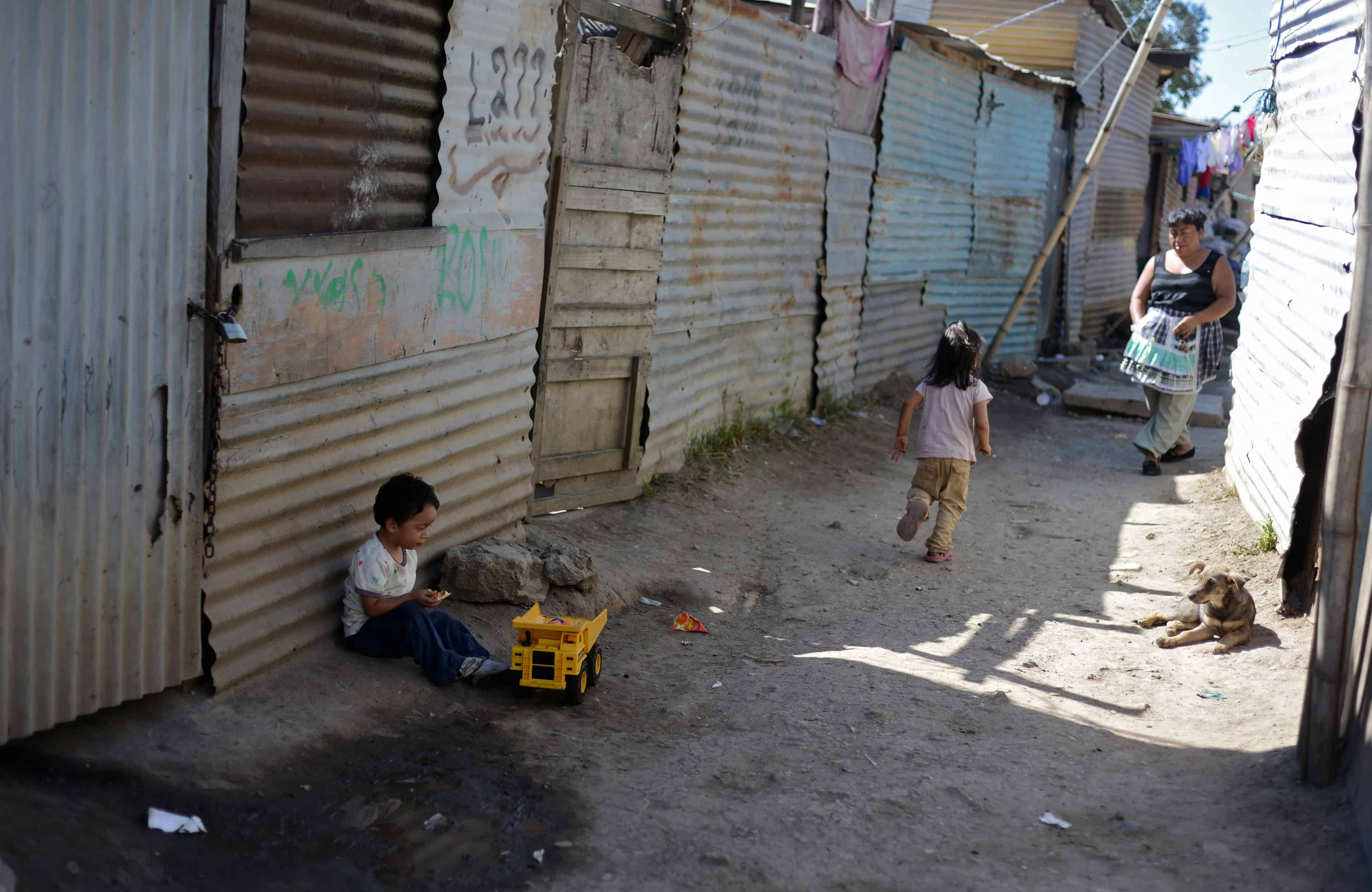Young people from Central America’s poor neighborhoods bear the brunt of limited opportunities for work and study and unequal distribution of wealth in their countries, according to a study presented Tuesday in Costa Rica.
The study, “Central America, Torn Apart,” carried out by University of Costa Rica (UCR) researcher Carlos Sandoval, analyzed some of the factors that cause young people from the region to emigrate. The research team conducted 1,500 surveys throughout the year 2017, 300 in each of five Central American neighborhoods: Guatemala City’s El Limón, Tegucigalpa’s Nueva Capital, San Salvador’s Popotlán, Managua’s Jorge Dimitrov, and San José’s La Carpio.
“The communities were chosen based on what’s considered expert judgment, with the intention of including locations that would be representative of life conditions of urban impoverishment,” Sandoval explained.
Unequal distribution of wealth was described as a major concern by 64 percent of the young people surveyed in El Salvador, 62 in Guatemala, 51 in Honduras, 37 in Costa Rica and 32 in Nicaragua.
The young people said they draw their primary support from family (87.8 percent), friends (49.8 percent) and their churches (30.6 percent). Few considered legislative representatives (0.7 percent) or government’s offices (1.3 percent) to be a source of support.
From the population surveyed, between 14 and 24 years of age, 56 of the women and 44 of the men are not in school and generally have little access to the internet except for La Carpio, a San José, Costa Rica neighborhood with a large population of Nicaraguan migrants, which has ample access to networks.
In all of the communities surveyed, churches far outweigh political parties in convening power. Evangelical churches came second only to sports groups in that respect.
More than half of the young people said they are interested in emigrating, with the highest numbers in El Salvador (76 percent) and Honduras (60 percent).
Watch Carlos Sandoval discuss his results in this Spanish-language video:
New study explores inequality, church influence in Central America’s slums

